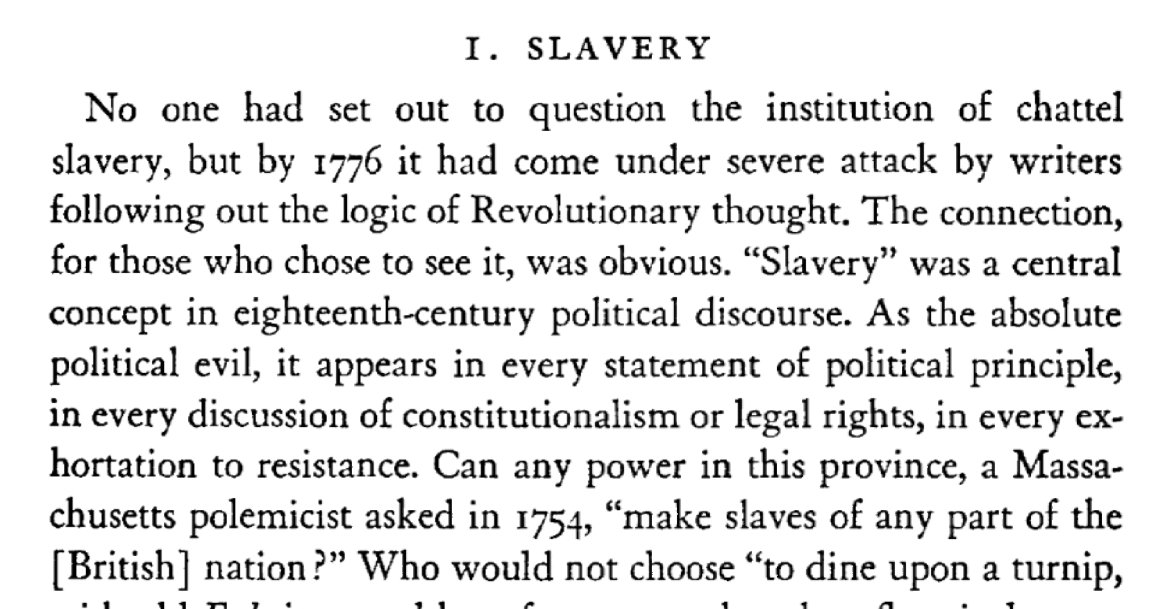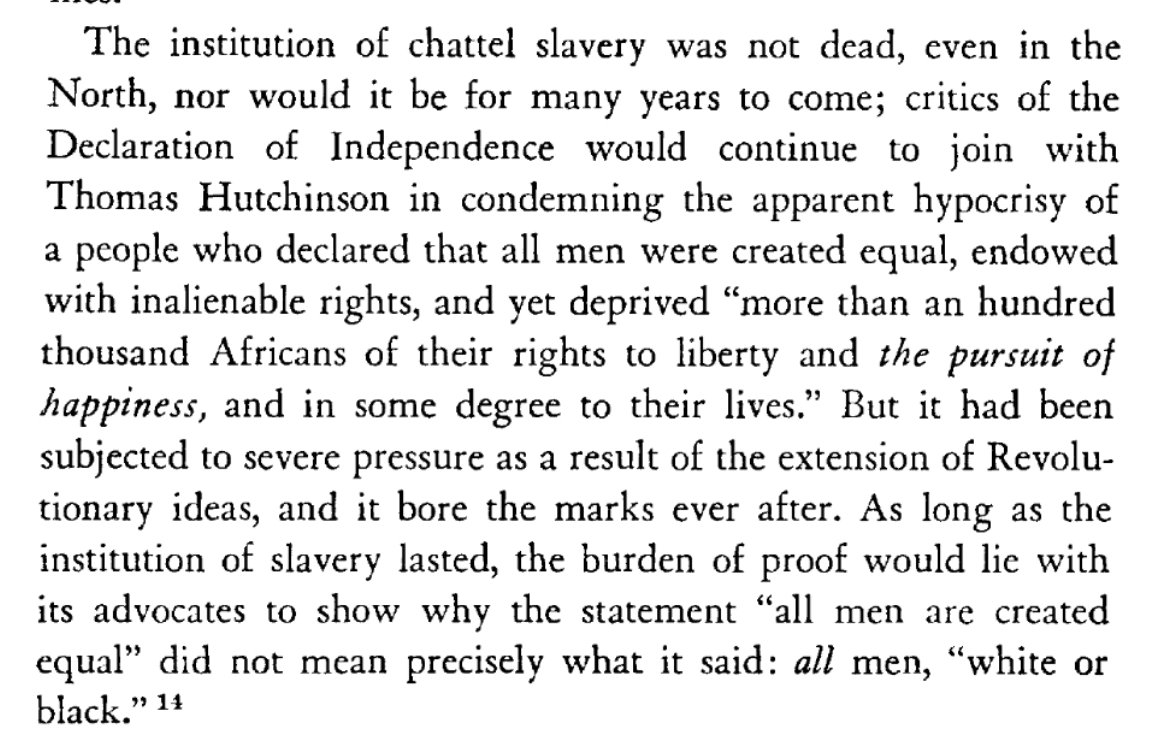
The article shows that support peaked in early June 2020 and has declined since, primarily among Republicans. Of course Republican politicians have demonized #BLM, but there is a deep problem with the concept of "racial justice" itself. A short thread: nyti.ms/34afsBf
My thinking is influenced by Racecraft by Barbara and Karen Fields. In an essay on Woodward's Origins of the New South, Barbara Fields writes, "'equality' and 'justice', once modified by 'racial', become euphemisms for their opposites." (Racecraft, 159) versobooks.com/books/1645-rac… 

The racecraft in this NYT essay resides first in reifying racial categories - endorsing race with a false reality and abstracting it out of the social and political process that makes it seem real; and second in the folly and ambiguity of measuring "racial attitudes"...
Support for #BLM has declined among white people, but it has also declined across the board since early June 2020, and white people are sharply divided on partisan lines, with support among white Republicans presumably dropping much more than among white Democrats... 

Charts like this are classic racecraft, in both the confusion (Hispanic? Other?) and crystallization of racial categories. What would this look like by region? By class? By level of education? By age or gender?... 

"Racial justice" will only get you so far. It cordons off the problems of oppressive policing and other ills to black people while ignoring the fact that injustice crosses racial lines and hits all poor people especially hard. Build bridges not walls. dissentmagazine.org/online_article…
It is not too surprising given the backlash against #BLM, the entrenched interests that support the machinery of policing, and the failure to conceive of a politics of solidarity beyond "racial" justice, that killings by police haven't budged since 2015. washingtonpost.com/graphics/inves…
• • •
Missing some Tweet in this thread? You can try to
force a refresh







